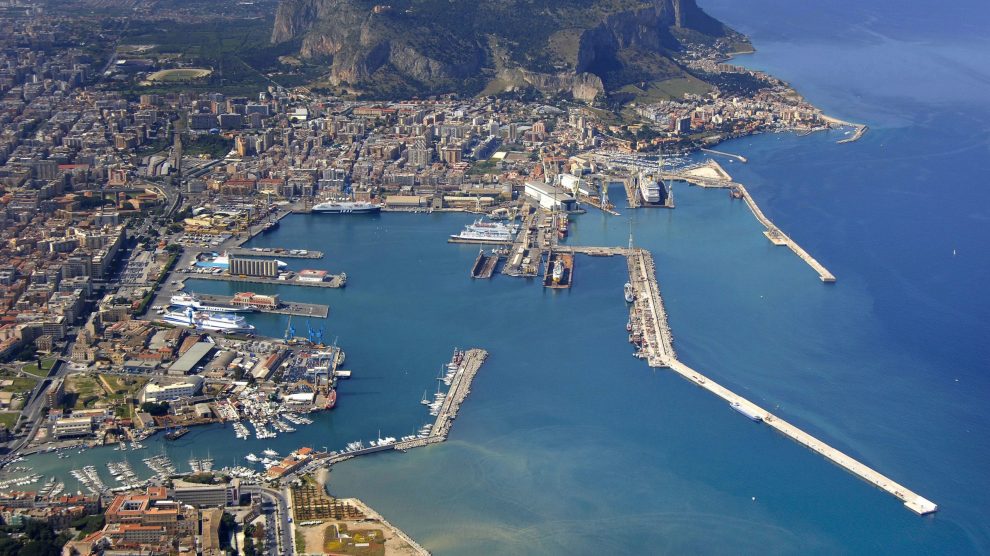Last week, the Italian newspaper Il Quotidiano del Sud caught wind of a €5 billion Chinese offer, in the form of an investment plan, to build and manage a major shipping platform in the strategic seaport of Palermo, in Sicily.
The offer was directed at the Port Authority and prompted Giorgio Mulè, Undersecretary at the Italian Ministry of Defence, to tell Decode39 that the seaport “must escape the commercial or expansionist aims of China” and remain firmly under the control of Italian companies.
Behind the alleged offer – which the relevant Port Authority was “not aware of”, as it later clarified – are two Chinese shipping titans, Cosco Shipping Ports (a Chinese State-owned company with stakes in 15 European ports) and China Merchants Port Holdings (which is under the control of the PRC’s Ministry of Transport). They have often moved together on European ports, as Decode39 had already reported.
The event sparked a debate around the issue of foreign interference in strategic national assets, with a good example being the Piraeus seaport saga. According to industry insiders, the Italian State can safeguard such seaports by ensuring that concessions have built-in failsafes. In short, the terms of a grant must include the possibility of voiding it if a company poses a threat or hinders national security.
The primary red line that must be traced is that the State must never sell the relevant Port Authority. Fortunately, for the time being and under current laws, this cannot happen in Italy, as Italian ports seem to be firmly in the hands of the Italian State. “The land in which the ports are located belong to the maritime State property,” explained Sergio Maria Carbone, professor emeritus at the University of Genoa’s Department of Law, to Decode39.
According to the professor, that land is “exclusive ownership of the State,” and only “activities consistent with the seaport and traffic development policies” established by the State can be carried out there. Therefore, “concessions must be used as an instrument for the implementation of State policies” which “the concessionaire must operate in coherence with.”
“The fact that concessions are linked to commitments, and that they can be revoked if the concessionaire is in default, is a guarantee for the country and the general interest,” noted Alberto Pagani, Democratic Party MP, member of the House’s Defence Committee and the parliamentary delegation to the NATO Parliamentary Assembly, when interviewed by Decode39.
“If, on the other hand, the law were to change, changing the nature of the [Port] Authorities from regulators giving concessions to companies giving leases, then there would be cause for concern,” he warned. This is how the seaports of some other countries, such as Greece, operate.
In Italy, the transfer of a seaport terminal is not a transfer of sovereignty per se – as long as there are guarantees. That is, clauses obliging the foreign operator to commit to the development of the port, its logistics and employment, keeping an eye on the economic welfare of the surrounding area.
This is no minor detail. A recent report by the Council on Foreign Relations noted that Chinese companies within the Belt and Road Initiative “seek to keep labour costs down while accommodating Beijing’s political preferences. This often results in their importing Chinese labour for BRI projects rather than relying on local workers.” As it happened in Laos, Myanmar and Greece, it could well happen in Italy.
The Chinese shopping in Italian ports, as the allies in Washington have been reminding Rome for some time now, is a political matter. Especially two years after the beginning of Covid-19 and its impact on global supply chains, which underscored the strategic value of controlling commercial traffic by sea. If the government wants to curb China’s advance in its ports, it must ensure that Chinese money is not the only chance it has to keep them from falling apart. Perhaps the Recovery strategy could keep this into account.




